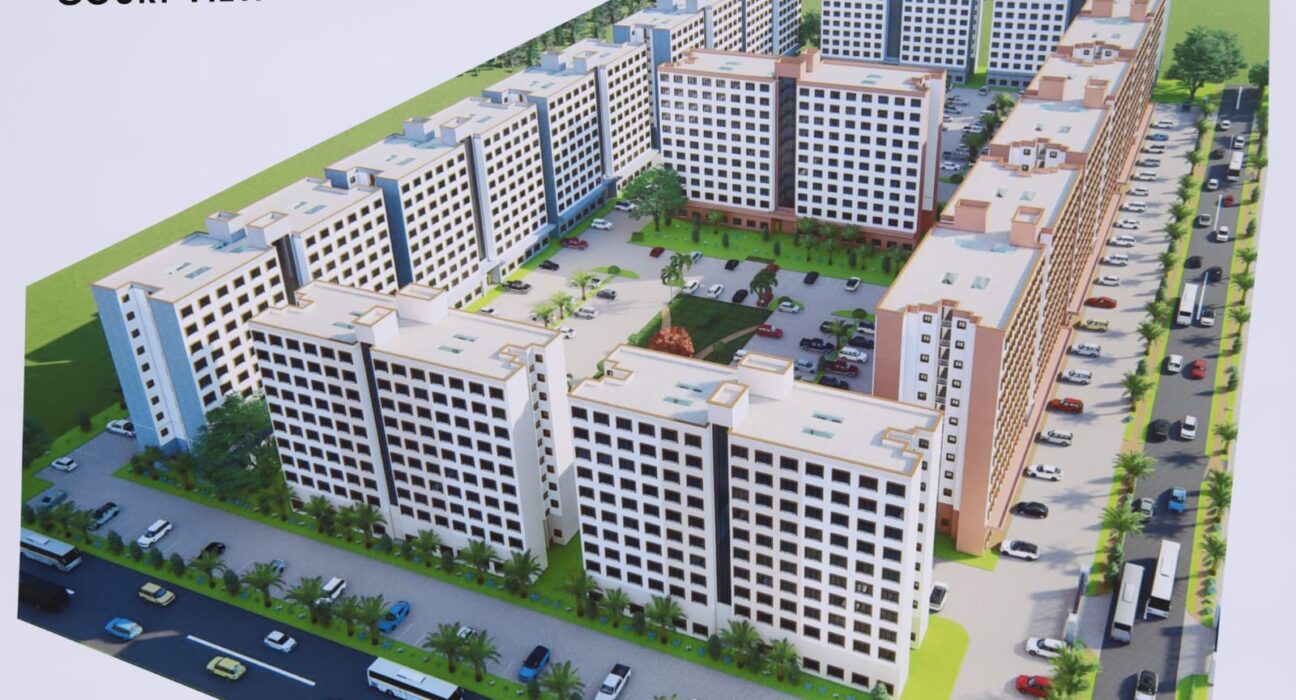The affordable housing initiative in Kenya is playing a pivotal role in driving the growth of the retail sector. According to the Cytonn Kenya Real Estate Retail Sector Report 2024, the government’s affordable housing project aims to deliver 250,000 units per year, significantly impacting the retail market by creating new demand for retail goods and services in these areas.
The report highlights that the construction sector registered a decelerated growth of 0.1% in Q1 2024, down from 3.0% in Q1 2023. Despite this slowdown, the affordable housing initiative continues to create opportunities for the retail sector by increasing the population density in newly developed areas, thereby driving demand for retail spaces.
Retailers such as Naivas, China Square, Carrefour, and Panda Mart have capitalized on this opportunity by expanding into areas with newly constructed affordable housing units. Their presence in these areas not only meets the demand for retail goods and services but also enhances the quality of life for residents by providing convenient access to essential commodities.
The Nairobi Metropolitan Area (NMA) remains the best-performing region, with an average rental yield of 7.9% in 2024. This performance is driven by higher demand for quality retail spaces and the availability of tenants willing to pay premium rents. The report notes that the average rent per square foot in NMA increased by 4.5% to Kshs 185 in 2024 from Kshs 177 in 2023.
The government’s commitment to infrastructure development, including road and railway projects, has also played a crucial role in supporting the retail sector’s growth. Improved accessibility has encouraged retailers to expand into new areas, further driving the sector’s expansion and stability.
However, the sector faces several challenges that could impede growth. Subdued consumer purchasing power, high construction costs, and difficulties in accessing credit are some of the key issues highlighted in the report. Construction costs, for instance, have risen significantly, making it 17.6% more expensive to build in 2024. Despite these challenges, the overall outlook for the retail sector remains neutral, with ongoing retailer expansions and infrastructure improvements expected to drive market activity.
In conclusion, the affordable housing initiative in Kenya is creating significant opportunities for the retail sector by increasing demand for retail goods and services in newly developed areas. Retailers’ expansion into these areas, coupled with ongoing infrastructure improvements, is driving sector growth and stability. While challenges exist, the sector is well-positioned to leverage these opportunities and achieve sustainable growth.





